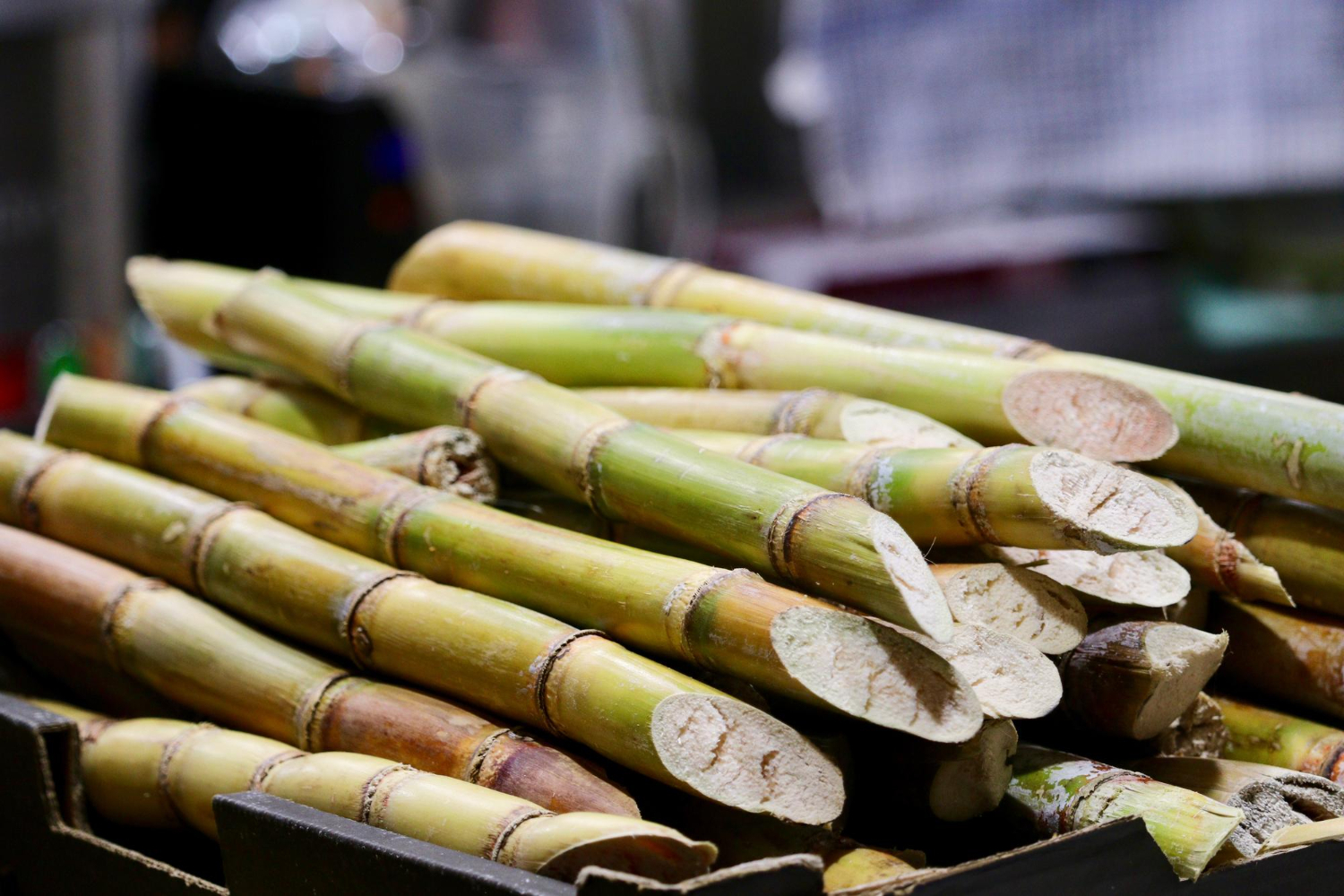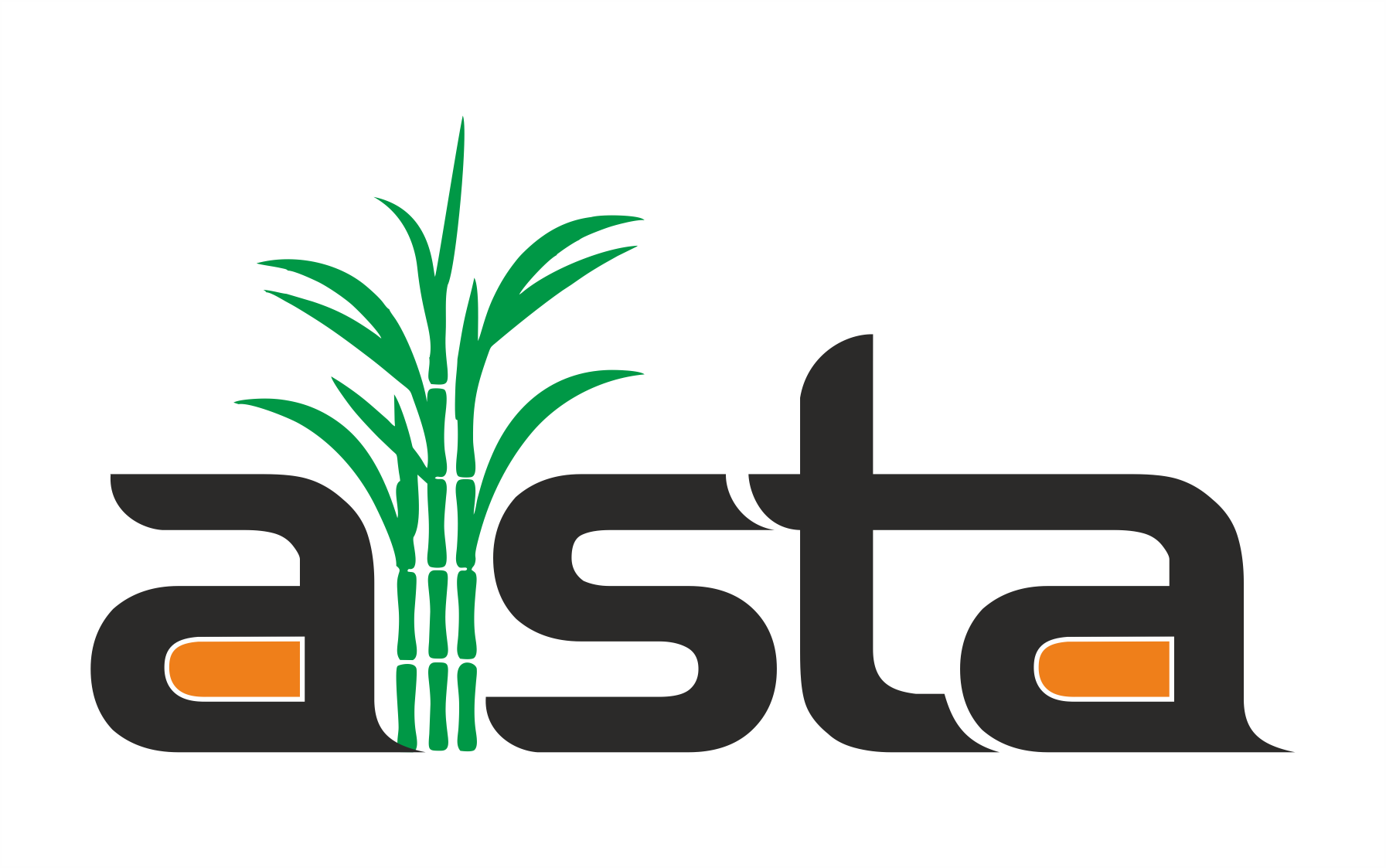Fair and Remunerative Price (FRP)
Learn about FRP, its significance, and its impact on farmers and the sugar industry.

Understanding FRP
What It Is and Why It Matters
The Fair and Remunerative Price (FRP) is the minimum price that sugar mills are legally required to pay to sugarcane farmers. It is determined annually by the Government of India to ensure that farmers receive fair compensation for their produce.
FRP is based on several factors, including the cost of production, sugar recovery rates, and market dynamics, as recommended by the Commission for Agricultural Costs and Prices (CACP). This system provides farmers with a guaranteed income, protects them from market fluctuations, and ensures the sustainability of the sugar industry.
Why is FRP Important?
- Fair Compensation for Farmers:- FRP guarantees a minimum price for sugarcane, shielding farmers from fluctuating market prices. This ensures that they receive fair compensation for their hard work, even when sugar prices drop in the market.
- Encourages Efficiency:- By linking FRP to sugar recovery rates, farmers are incentivized to improve sugarcane quality and adopt better agricultural practices. This leads to higher yields and better returns, fostering efficiency in the farming process.
- Industry Stability:- A standardized pricing system helps maintain harmony between sugar mills and farmers. FRP provides a predictable cost framework for mills, allowing them to manage operations effectively while ensuring timely payments to farmers.
- Supports Rural Livelihoods:- Sugarcane farming is a primary source of income for millions of rural households. FRP contributes to the financial well-being of these farmers, reducing economic stress and enhancing the quality of life in rural areas.
- Balancing Stakeholder Interests:- FRP ensures that farmers are not exploited while keeping the financial viability of sugar mills in mind. This balance promotes a healthy and sustainable sugarcane ecosystem.
This pricing framework balances the interests of both farmers and sugar mills, promoting a sustainable and fair sugarcane ecosystem.
How FRP is Decided: The Process Behind Fair Pricing
The Fair and Remunerative Price (FRP) of sugarcane is set through a multi-step process that ensures fair compensation for farmers while maintaining the sustainability of the sugar industry.
- FRP is set based on recommendations from the Commission for Agricultural Costs and Prices (CACP).
- State governments and stakeholders are consulted to ensure fair pricing for sugarcane farmers.
- FRP is linked to the sugar recovery rate, rewarding higher recoveries with a premium.
- Government policies aim to balance farmer profitability and industry sustainability.



No Comments
Sorry, the comment form is closed at this time.